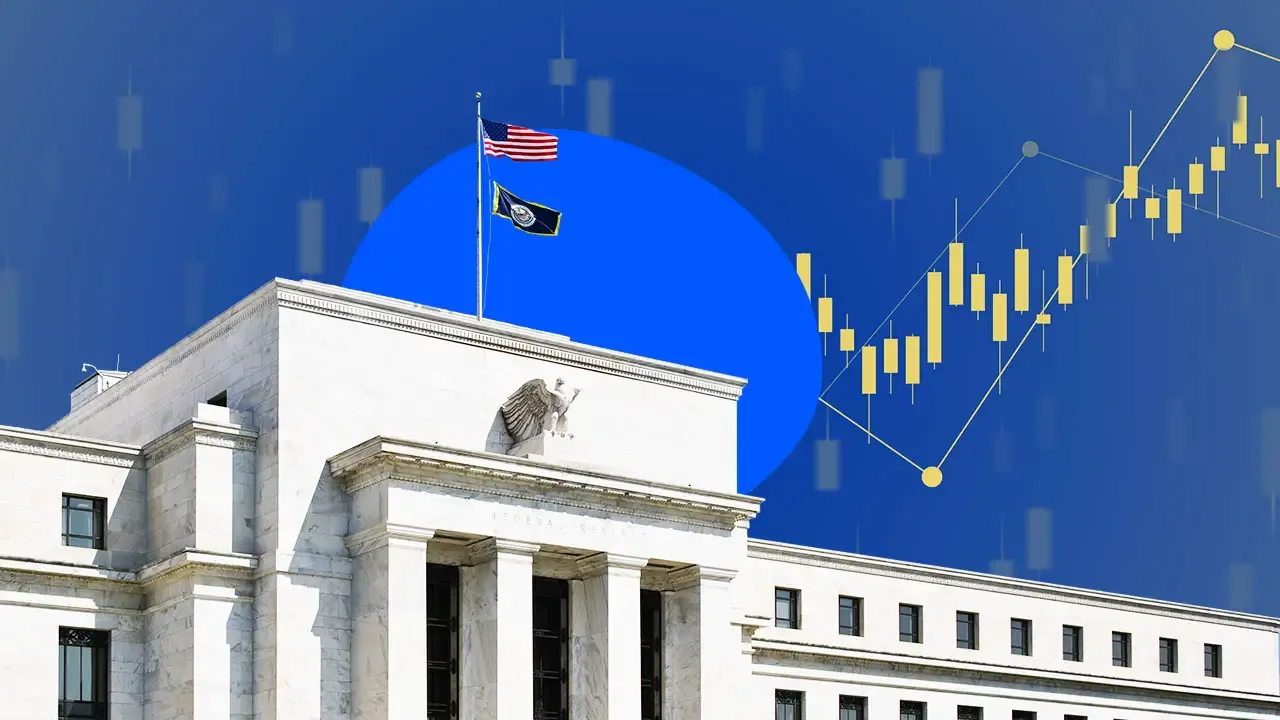Wednesday is the last day of the Federal Reserve's two-day meeting, which will see the central bank expressing an air of uncertainty as it moves forward in its efforts to assist the banking system in stabilizing and reducing inflation.
There seems to be a conflict between these two objectives at the moment: To get inflation under control, it is necessary to increase interest rates, which have caused banks to suffer cause of the financial crisis.
Despite the volatility markets have been experiencing over the past few weeks, it appears that they are now in agreement on the expectation that the rate-setting Federal Open Market Committee will approve a 0.25 percentage point increase in interest rates or 25 basis points.
In addition to that, policymakers will also need to address a number of other issues.
During their meeting, they will also discuss economic and interest rate projections, and at their post-meeting press conference, Fed Chairman Jerome Powell will provide an explanation of everything they discussed.
Here is a quick overview of what's likely to happen.
Rate call
Fed rate hikes since late 2007 will take it to a target range of 4.75%-5% if they raise it by a quarter point.
As recently as two weeks ago, Powell was able to convince markets the Fed could even go half a point, but with the recent bank tumult, markets are now expecting no hike.
Sri-Kumar Global Strategies' CEO, Komal Sri-Kumar, argued that everything has changed. What he believes the Fed should do is the same as what he believes they will announce, namely a very soft 25 basis point hike.
A quarter-point move is more likely than not, according to CME Group data as of Wednesday morning.
Powell's statement and press conference
These two documents will be closely watched by markets for clues about the Fed's future path, and both will be released immediately after the meeting.
The Committee anticipates that continuing increases in the target range will be appropriate as a means to return inflation to 2 percent in the long term.
Since the rate-hike cycle started in March 2022, statements containing variations of that sentence have appeared in FOMC statements but could be altered this time around.
In addition to that, Powell will be viewed as a key figure in ensuring that the Fed not committing to a preset cycle of rate hikes, and as someone well aware of the dangers posed by the banking crisis.
According to Sri-Kumar, "we are very aware of the financial issues and inflation is also a concern." This is why we are hiking by 25 basis points. However, we will only hike if there is a risk of financial trouble returning.
Plotting dots
During the financial crisis, investors generally expected the Fed to hike its peak rate estimate beyond its December projection of 5.1%. Every three months, FOMC members complete their individual forecasts for rates on their "dot plot."
Despite an ominous banking climate, Fed officials are determined to keep fighting inflation, and markets could be unpleasantly surprised.
As an outlier, Goldman Sachs expects the Fed to not increase rates on Wednesday, but still expects three quarter-point increases in subsequent meetings.
Goldman economist David Mericle said in a note to clients Monday that tightening monetary policy is not advisable amidst ongoing stress in the banking system.
A terminal rate projection of 5.375% is forecast by Goldman Sachs.
Additionally, Citigroup is concerned that markets are overconfident about the Fed's future course.
Aside from the price of a rate hike at this meeting, markets suggest the tightening will be followed by at least two rate cuts to deal with a slowing economy before the end of the year. Based on the CME tracker, funds rates are expected to fall from 4.25% to 4.5%.
According to Citi economist Andrew Hollenhorst, markets are significantly underestimating the likelihood of policy rates moving higher and remaining at high levels for longer periods of time. In the face of financial stability risks, policymakers do not drop everything to cut rates aggressively.
One notable exception, Hollenhorst pointed out, is the financial crisis of 2008, during which the Fed cut rates or paused - only to hike once again soon afterward.
Economic Forecasts
Unemployment, inflation, and the GDP outlook will also be updated by the Fed.
There are likely to be a few tweaks, according to economists.
A small upward revision to the inflation number is also expected as a result of those revisions, according to Goldman.
Prices and wages remain stubbornly above where the Fed believes they should be. Recent data could indicate a more optimistic inflation forecast.
Inflation seems to have held steady in March, according to Morning Consult's indexes, indicating that Fed rate hikes have not had the desired effect.
While the Federal Reserve has consistently increased interest rates, recent financial instability could force it to hold off or slow further rate hikes, adding to uncertainty about the trajectory of prices to come.

Subscribe to our newsletter!
As a leading independent research provider, TradeAlgo keeps you connected from anywhere.








